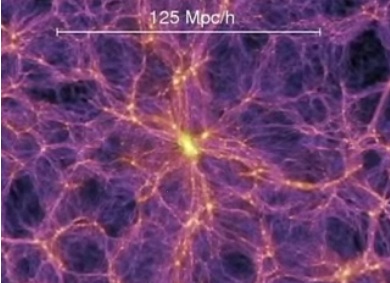The two economists that have most informed my view of the current macroeconomy are Arnold Kling and Scott Sumner. In both cases, their models and explanations make sense to me. They use solid reasoning and evidence; I don’t feel I’m getting a lot of hand waving. Unfortunately, at first glance, their views seem mutually exclusive. Kling believes business cycles are the result of many planning errors by individual agents (for example, this recent post and this follow up). Sumner believes business cycles are the result of contractionary monetary policy by the central bank (for example, this recent post and this one).
How can they both be right? I think they are operating at different levels. Yes, individual agents make their particular planning decisions. In aggregate, these decisions drive monetary variables like interest rates, exchange rates, liquidity demand, etc. However, these variables then feed back into the next round of planning decisions. Moreover, at least some of these plans take into account the effect of the agent’s actions on the monetary variables. So you get classic chaotic/complex behavior with temporarily stable attractors, perturbations, and establishing new regimes. There may even be aspects of synchronized chaos. I think the monetary variables are the key emergent phenomena here. They are like “meta prices” that provide a shared signal across just about every modern economic endeavor.
Food for thought. I’m going to keep this in mind when processing future articles on the economy and see if it helps my thinking.


Response to “Thoughts on Ants, Altruism and the Future of Humanity”
Posted in Blog Comment, Cooperation, Culture, Emergence, Levels, Singularity, Society, tagged Blog Comment, Cooperation, Culture, Emergence, Levels, Singularity, Society on July 21, 2008| 2 Comments »
[ This is an edited version of a blog comment on Brandon Kein’s Wired Science post here ]
The question of whether we will “break through” to a superorganism or collapse through any number of spiraling cascades or catastrophic events is the subject of Ervin Laszlo’s book, The Chaos Point, which I highly recommend. In it, he gives a sweeping view of the complex evolutionary dynamic (focusing on human society), and makes a solid argument that we are at an inflection point in history right now, similar to the “saltation” that begat multicellularity.
(more…)
Read Full Post »